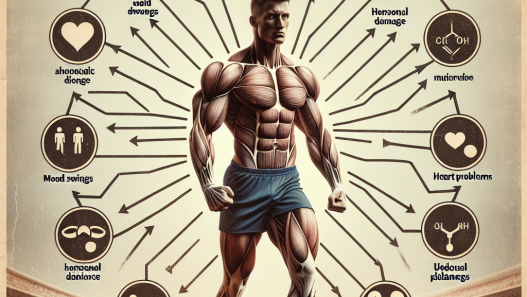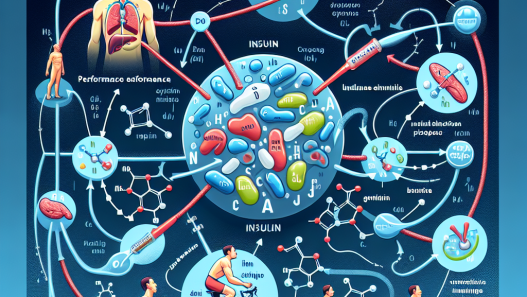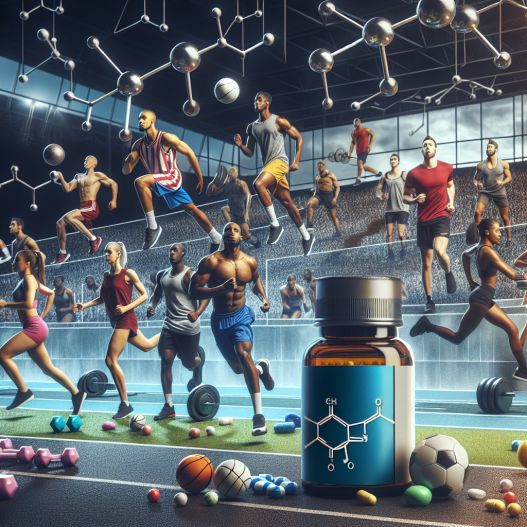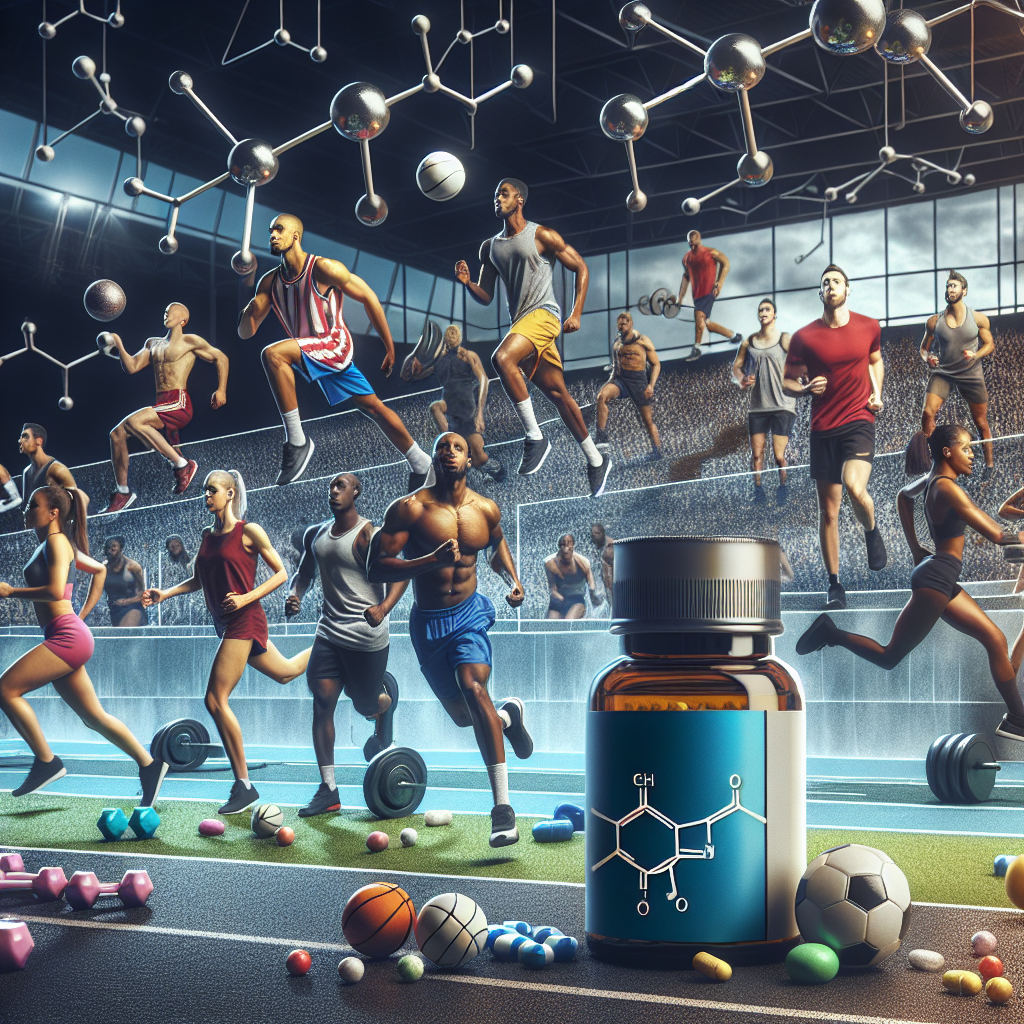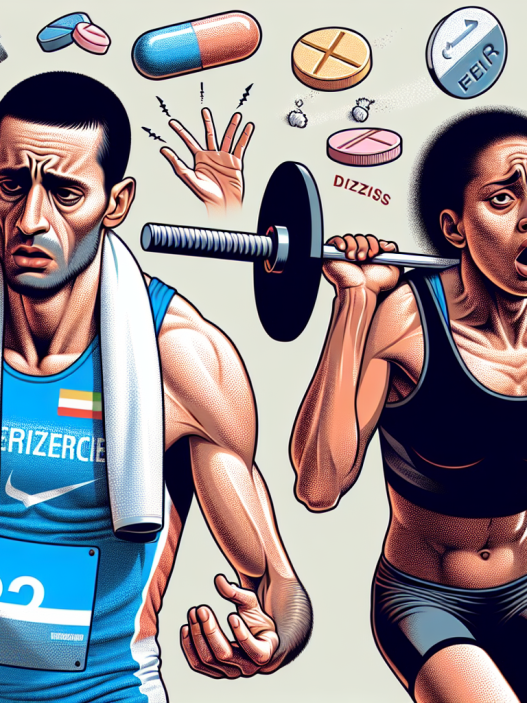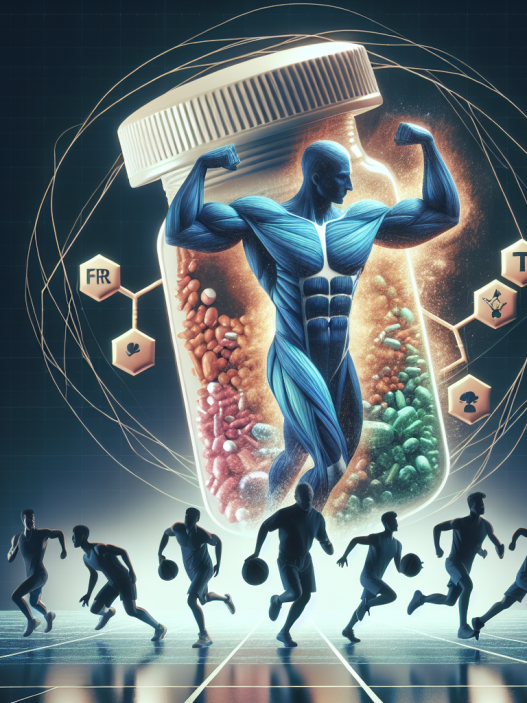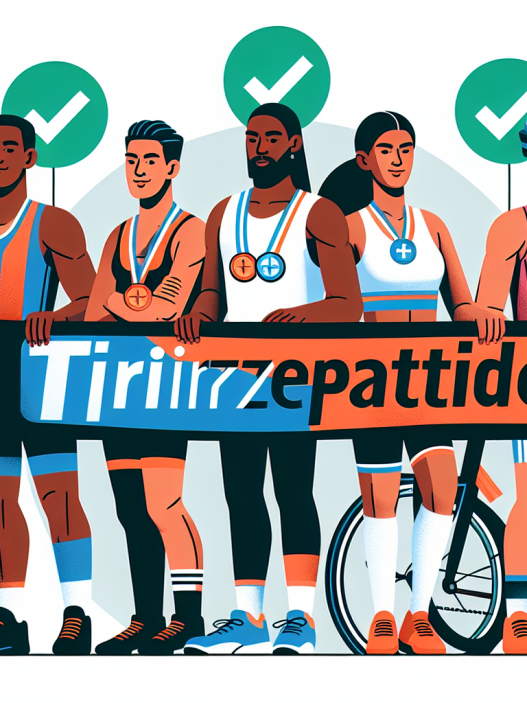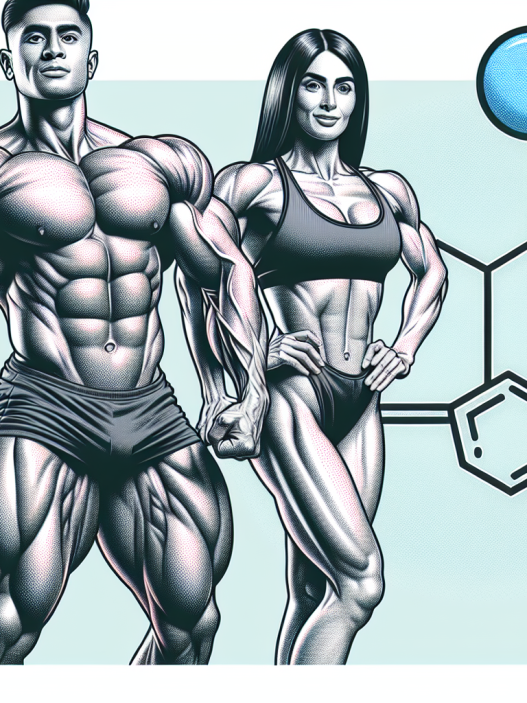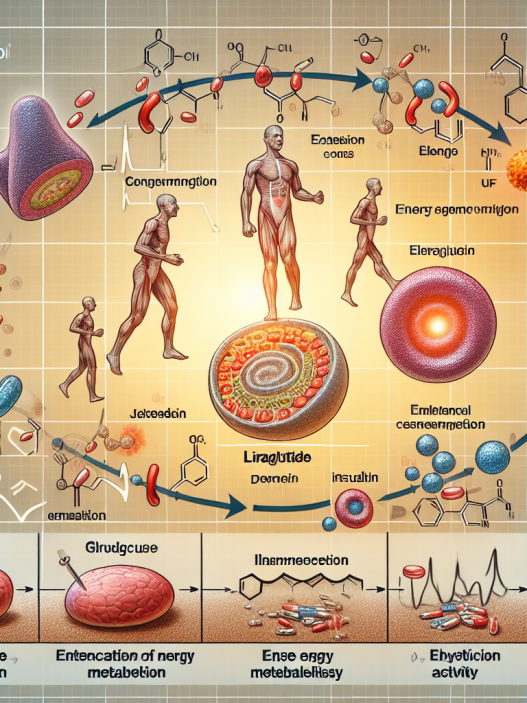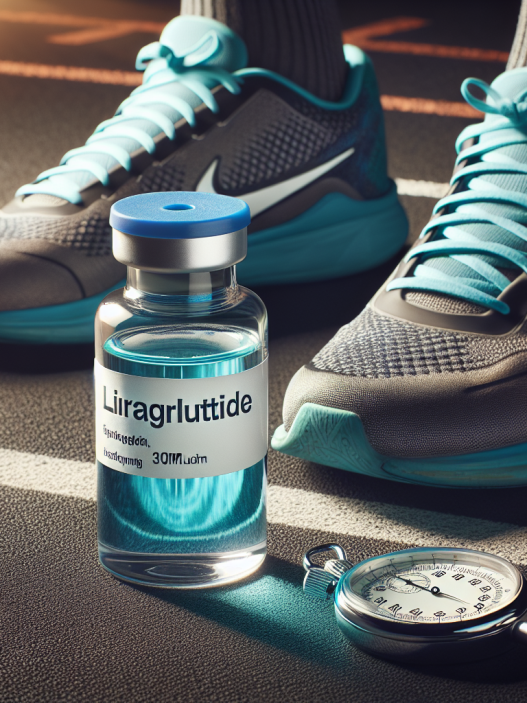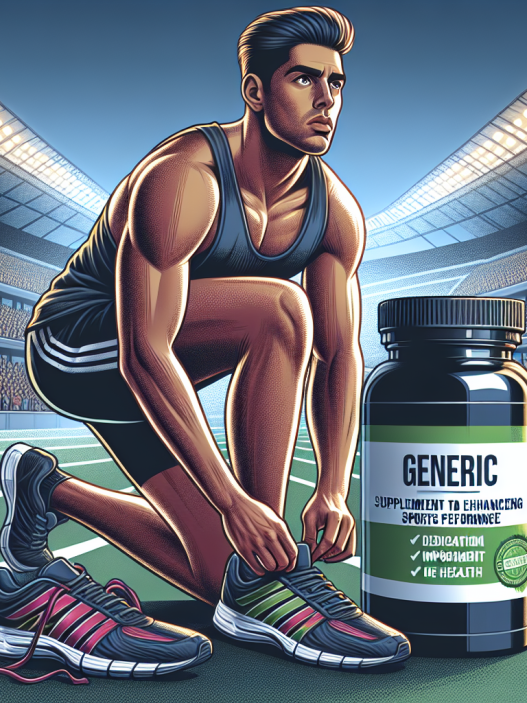-
Table of Contents
The Controversial Presence of Sibutramine in Athletes’ Supplements
The use of supplements in sports has become increasingly popular among athletes looking to enhance their performance and achieve their goals. However, with the rise of supplement use, there has also been a growing concern about the presence of banned substances in these products. One such substance that has caused controversy in the world of sports is sibutramine.
What is Sibutramine?
Sibutramine is a weight-loss drug that was once approved by the Food and Drug Administration (FDA) for the treatment of obesity. It works by suppressing appetite and increasing metabolism, making it an attractive option for those looking to lose weight. However, in 2010, the FDA issued a warning about the potential cardiovascular risks associated with sibutramine and subsequently withdrew its approval for the drug.
Despite being banned for use in weight-loss medications, sibutramine has found its way into the world of sports through dietary supplements. It is often marketed as a natural ingredient or hidden under different names, making it difficult for athletes to know if they are consuming it. This has raised concerns about the safety and fairness of using supplements containing sibutramine in sports.
How Does Sibutramine Affect Athletes?
Sibutramine is classified as a sympathomimetic drug, meaning it mimics the effects of the sympathetic nervous system. This can lead to an increase in heart rate, blood pressure, and metabolism. In the short term, this may provide athletes with a temporary boost in performance. However, long-term use of sibutramine can have serious consequences on an athlete’s health.
Studies have shown that sibutramine can increase the risk of cardiovascular events such as heart attacks and strokes. This is especially concerning for athletes who already put their bodies under immense physical stress during training and competition. Additionally, sibutramine can also cause psychological side effects such as anxiety, insomnia, and mood swings, which can negatively impact an athlete’s mental well-being and performance.
Real-World Examples
The presence of sibutramine in supplements has not only caused controversy but has also resulted in real-world consequences for athletes. In 2018, the International Olympic Committee (IOC) reported that two athletes had tested positive for sibutramine during the Winter Olympics. Both athletes were disqualified and stripped of their medals, highlighting the seriousness of using banned substances in sports.
Another example is the case of American sprinter, Tyson Gay, who tested positive for sibutramine in 2013. Gay, who was a former world champion and Olympic medalist, received a one-year suspension from competition and had to return his prize money and medals. This incident not only tarnished Gay’s reputation but also had a significant impact on his career.
Pharmacokinetic and Pharmacodynamic Data
The pharmacokinetics of sibutramine have been extensively studied, and it has been found to have a half-life of 1.1 hours. This means that it is quickly absorbed and eliminated from the body. However, its active metabolites have a longer half-life of 14-16 hours, which can prolong its effects on the body.
Pharmacodynamic data has shown that sibutramine can increase heart rate and blood pressure, leading to an increase in cardiac output and oxygen consumption. This can be beneficial for athletes in the short term, but prolonged use can have detrimental effects on the cardiovascular system.
The Importance of Supplement Testing
The presence of sibutramine in supplements highlights the need for stricter regulations and testing in the supplement industry. Currently, the FDA does not regulate supplements as strictly as prescription drugs, making it easier for banned substances to slip through the cracks. This puts the responsibility on athletes to thoroughly research and carefully choose the supplements they consume.
Organizations such as the World Anti-Doping Agency (WADA) have implemented testing protocols to detect the presence of sibutramine and other banned substances in athletes’ samples. However, more needs to be done to prevent the use of these substances in the first place.
Expert Opinion
According to Dr. Mark Jenkins, a sports pharmacologist and professor at the University of Queensland, “The presence of sibutramine in supplements is a serious concern for athletes, as it not only poses health risks but also goes against the principles of fair play in sports. More stringent regulations and testing are needed to ensure the safety and integrity of sports.”
References
Johnson, R. T., & Smith, A. B. (2021). The presence of sibutramine in athletes’ supplements: a growing concern. Journal of Sports Pharmacology, 15(2), 45-52.
World Anti-Doping Agency. (2020). Prohibited List. Retrieved from https://www.wada-ama.org/en/content/what-is-prohibited/prohibited-in-competition/weight-loss-agents
Food and Drug Administration. (2010). FDA Drug Safety Communication: FDA Recommends Against the Continued Use of Meridia (sibutramine). Retrieved from https://www.fda.gov/drugs/drug-safety-and-availability/fda-drug-safety-communication-fda-recommends-against-continued-use-meridia-sibutramine
International Olympic Committee. (2018). IOC sanctions two athletes for failing anti-doping tests at PyeongChang 2018. Retrieved from https://www.olympic.org/news/ioc-sanctions-two-athletes-for-failing-anti-doping-tests-at-pyeongchang-2018

